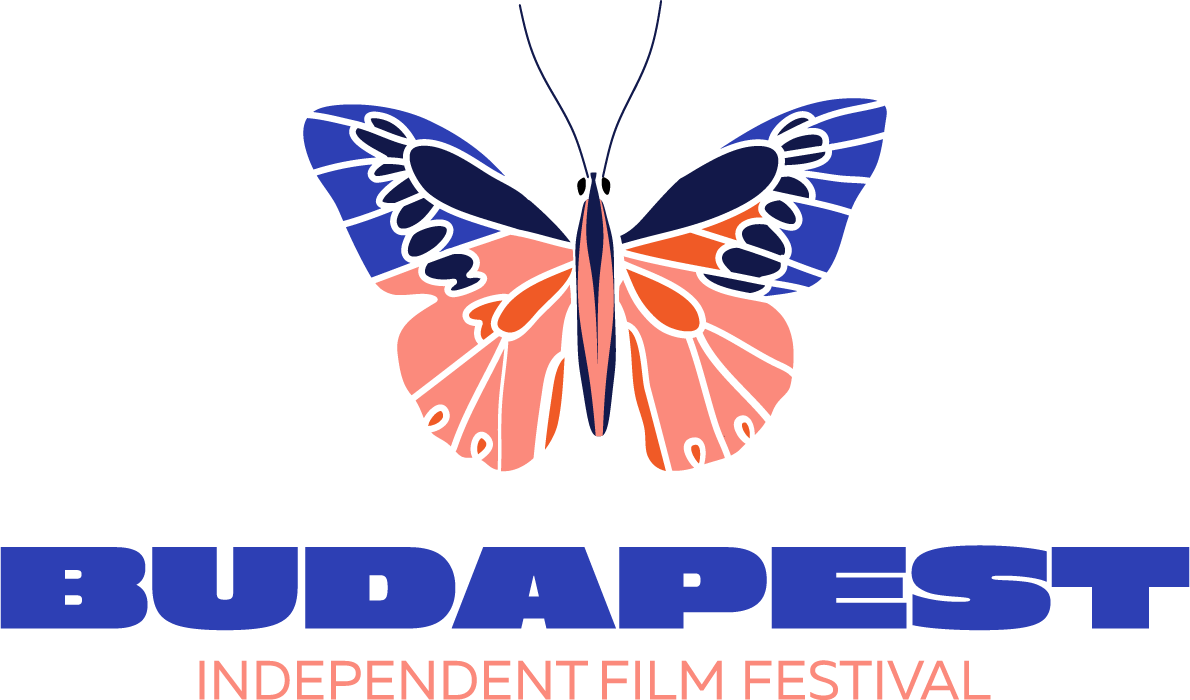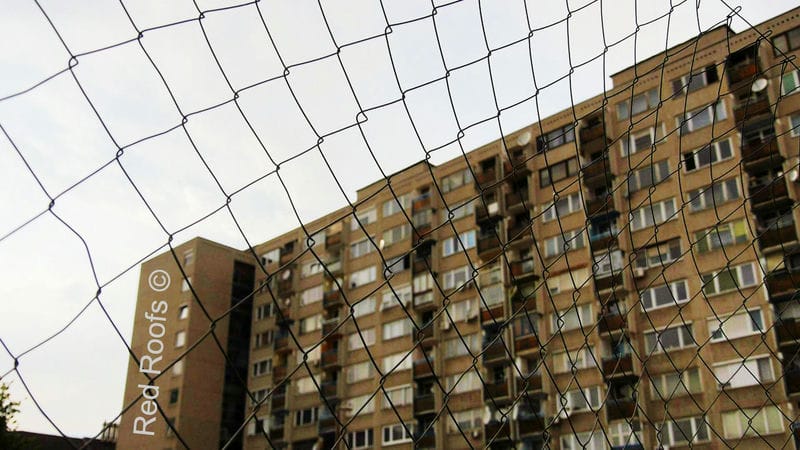Eastern Illuminations
Film Info
Film Year: 2018
Film Duration: 110 min
Country: United Kingdom
Director
Zuzka Markova
Film Category
Synopsis
Coming back to her cultural roots and constantly on the road the director of ‘Eastern Illuminations’ explores the phenomenon of censorship on examples of Czechoslovakian, Hungarian and Polish cinema that was strongly controlled during communist era. Using interviews and footage from films, typical for those times, we introduce some of the most influential films during the oppressive times in those countries. At the same time we compare the three biggest film powers of Eastern Europe and discover what lies beneath the success of the filmmakers that was far greater then we could imagine. The documentary also explores the impact of politics, on filmmaking and the people involved within the industry. The film takes us through the post-war boom: from the enthusiasm and freedom of the 50’s and 60’s, to the toughest period of fear-fueled 70’s with its harsh censorship that resulted in banned films and film-makers. Following a more relaxed approach in the 80’s with foreign co-productions and financial capital from abroad we finally enter the age of filmmakers’ fellowship. Most notably the influence of the Solidarity Movement in Poland, 1981, was the very first revolutionary movement to show defiance against the communist regime behind the Iron Curtain. The film focuses on the politically intertwined film systems of Czechoslovakia, Hungary & Poland and the strictness of the censorship that casted a constant shadow over them. The documentary consists of interviews with film-makers including actors, screenwriters, cinematographers, producers etc. e.g. Andrzej Wajda, Agnieszka Holland, Slawomir Idziak, Daniel Olbrychski, Milos Forman, Juraj Jakubisko, Vojtech Jasny, Istvan Szabo, Karoly Makk and more. Interviews intercut with relevant footage from the directors’ work mixed with film archives help to tell an exciting and relevant story. What is the legacy of this body of cinema? How does it relate to modern filmmaking and what is the political and social message? The subject of censorship could not be more relevant today, when the filmmaker often finds different limitations like for example self-censorship or economical struggle. This is one of the themes that crops up in many interviews in ‘Eastern Illuminations’ – being limited and pressurised had a tremendous effect on the creative process and how artists are searching for the new way to fill that void today.


